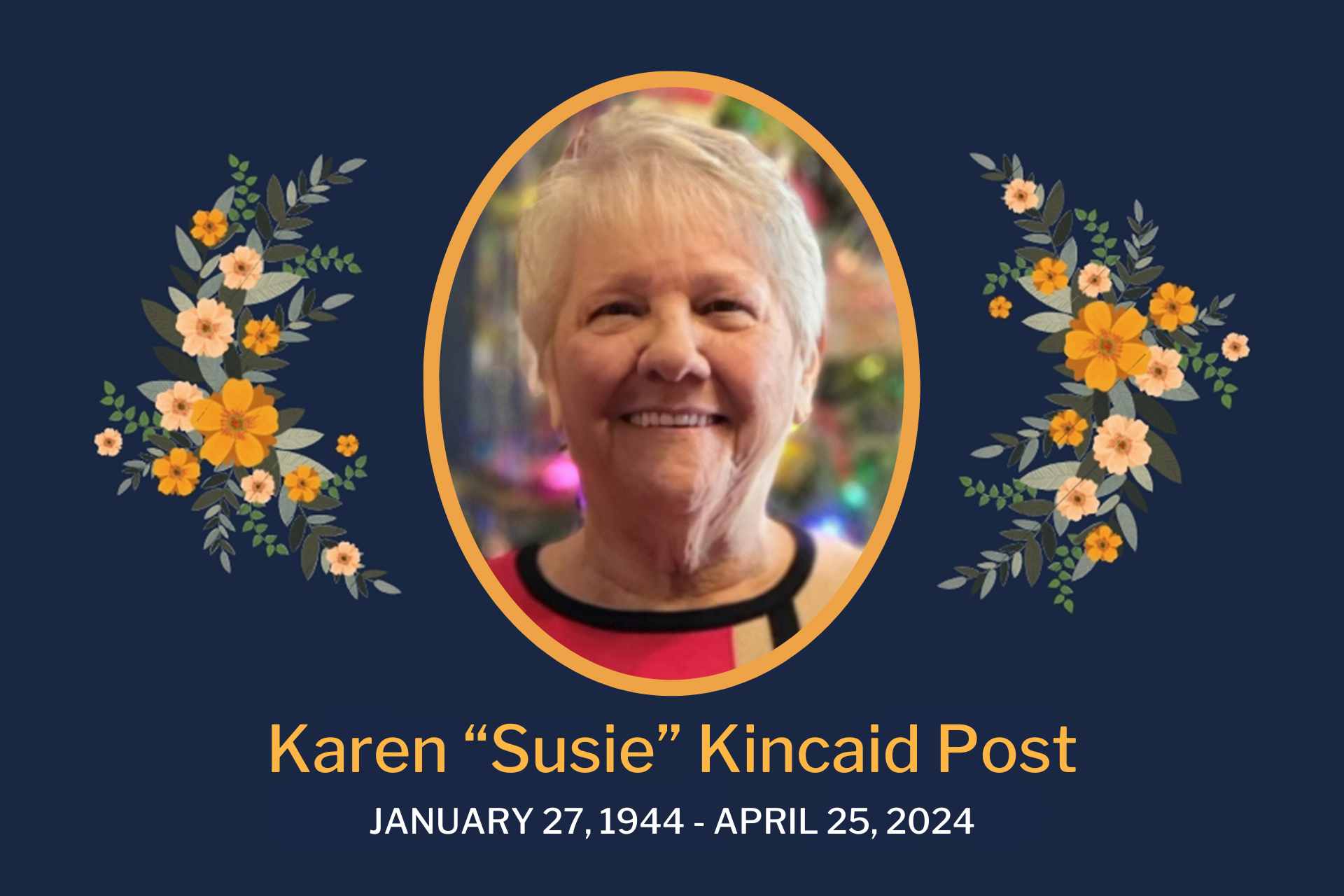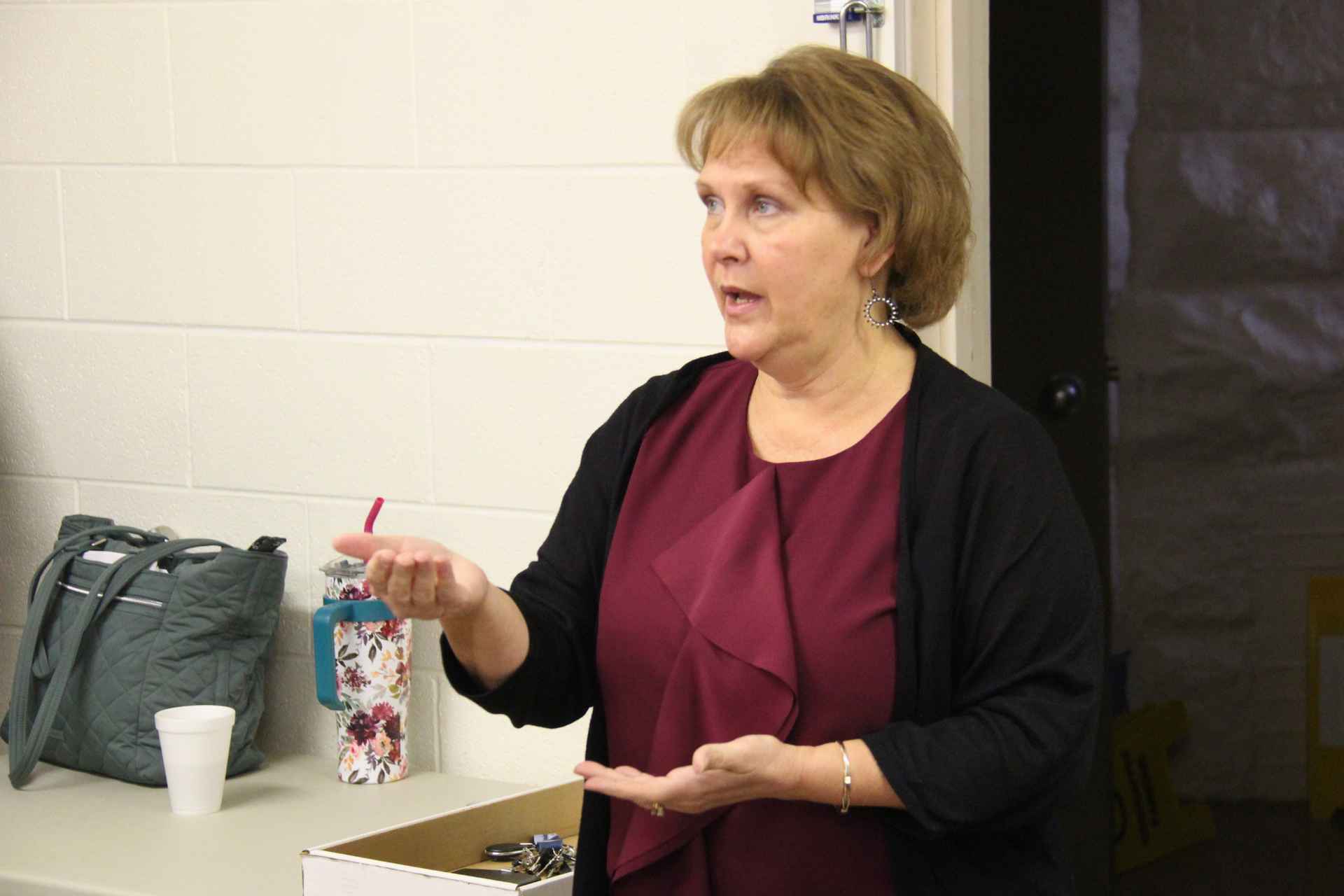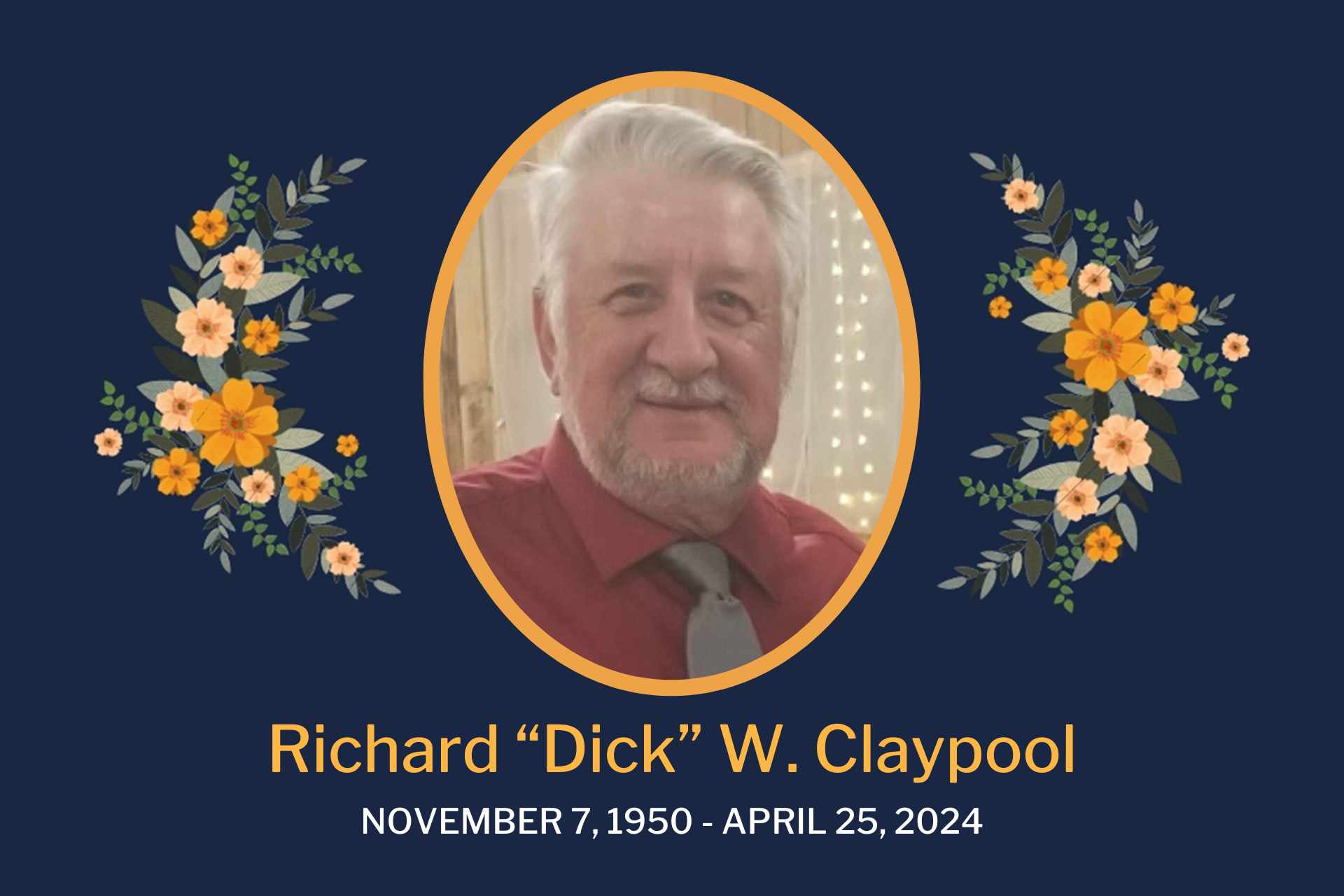BUCKHANNON – West Virginia Wesleyan College celebrated the life and message of Dr. Martin Luther King Jr. on his birthday, Jan. 16.
WVWC arranged three separate events to honor Martin Luther King Jr. Day, including a thought-provoking dinner, where award-winning author, cultural critic, philosopher and social theorist Dr. Julius Bailey of Wittenberg University delivered his own searing message about what it really means to work toward achieving King’s vision of a Beloved Community, a worldwide community in which all people would share in the earth’s wealth.
Bailey began his presentation with a jarring example of how black and brown people are often pigeonholed.
“When I arrived, I went to the hotel and the lady asked me and my daughter if I was recruiting for Wesleyan, and I said, ‘no,’ so she asked my daughter if she was being recruited to play a sport at Wesleyan and she said, ‘no,’ and the lady said, ‘well, then why are you here?” Bailey recounted. “I told her I’m coming to do a presentation, and she said, ‘oh, on sports?’ In this moment, I realized what it is it like to be a black, diverse student on a campus like this, when most of you are here because of your bodies. Can you jump? Can you run? Can you play? If not, why are you here?”
Bailey said throughout U.S. history, black bodies have often been used for gain or entertainment. He referred to the relationship between people of color and America as a painful, unrequited love.
“The challenge that came to America in ‘63, during [MLK’s] ‘I Have a Dream’ speech, was for America to love us a little differently, a little more — can you put a little oomph in it? Because right now, you’re just superficially using us,” he said.
“‘I Have a Dream’ happens and everybody’s excited, but then you start realizing the ways in which — and King himself started realizing – that people aren’t responding the way they need to respond,” he added. “Yes, he pushed LBJ far enough to be able to make some civil rights laws and God bless him for those laws, but then we think about the ways in which diversity, equity and inclusion [manifest] in the 21st century, is it representative of the same type of conversation or are we being sentimental?”
Bailey said he liked sentiments, but they aren’t going to truly impact anything, or forge needed change.
“One thing I learned from King’s work is that we have to be more than just important titles, we have to be more impactful people,” he said, noting that people often misinterpret the difference between being important and being impactful.
“Many of us are in schools nowadays to get advanced degrees, to make sure we get good jobs and good corner offices because we want to be important, and I always say that’s good, that’s cool, but whose lives have you touched in some way that your life is inextricably linked to theirs?” Bailey asked. “Or the question I used to ask is, ‘who’s going to cry at your funeral?’ Important folks don’t get too many tears, but impactful folk do.”
Bailey also emphasized how King taught people how to go through life acting as “death interrupters.”
“We don’t celebrate his death, we celebrate his life; we celebrate the meaning of becoming a death interrupter, and that’s what cabinets [of colleges and universities] are supposed to do, what boards of trustees are supposed to do and what directors are supposed to do and what career advancement placers are supposed to do — and teammates and faculty and community. We’re all supposed to be death interrupters,” Bailey said. “Part of our challenge, ladies and gentlemen, on King’s Day is to create a beloved community, to create the interruption of social, spiritual and psychic death.”
He challenged everyone to interrupt the soul murder that has occurred throughout the nation.
“You have to interrupt the soul murder that’s taking place in the halls of Congress, the murder taking place in school systems, the murder has taken place in some of our households — you are the beacon of life,” Bailey said. “There’s a class of people called the educated class that will have a responsibility. I don’t want you to just be important, I want you to be impactful, and what better service can we offer to humanity than the service of who you are?”
Bailey briefly mentioned the books he’s authored, including the award-winning “Racial Realities and Post-Racial Dreams: The Age of Obama and Beyond” and his most recent book, “Racism, Hypocrisy and Bad Faith: A Moral Challenge to the America I Love,” which were for sale at the events. They may also be purchased on Amazon.com.


















